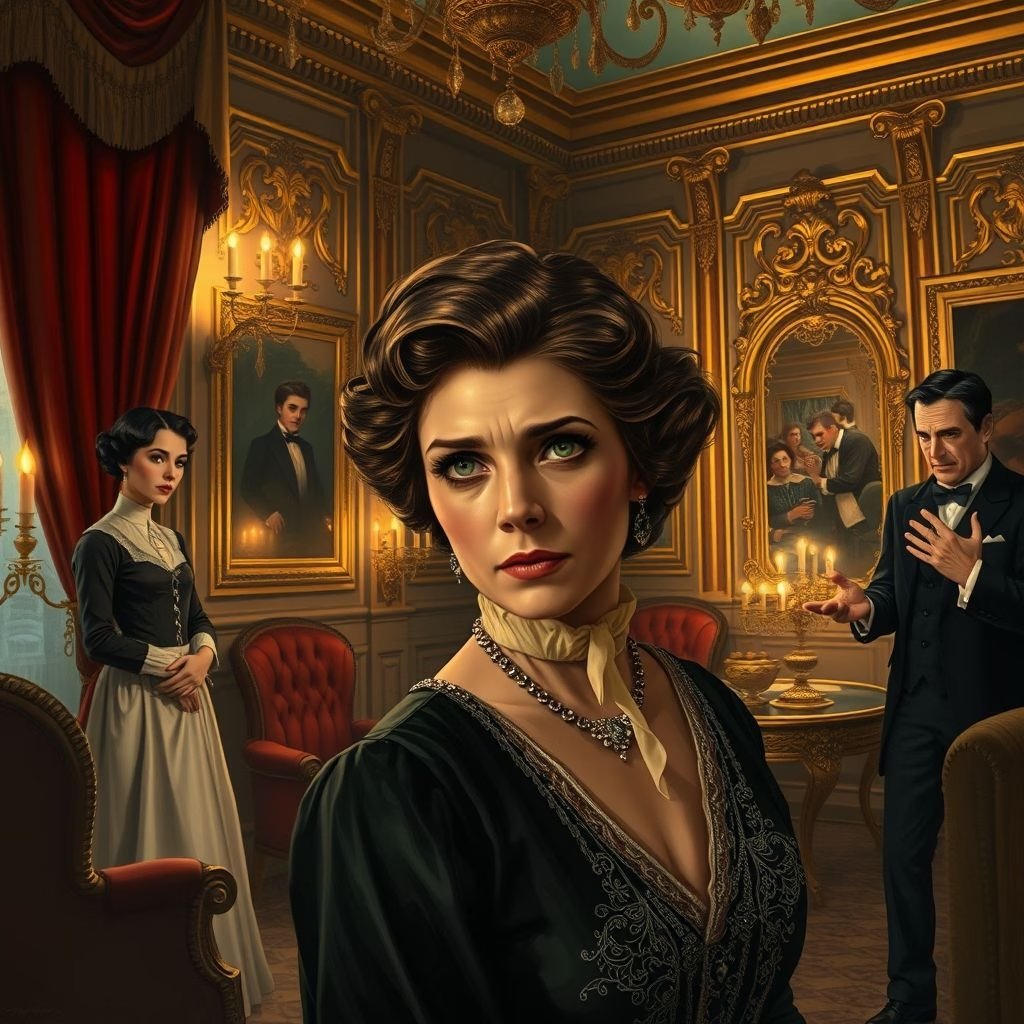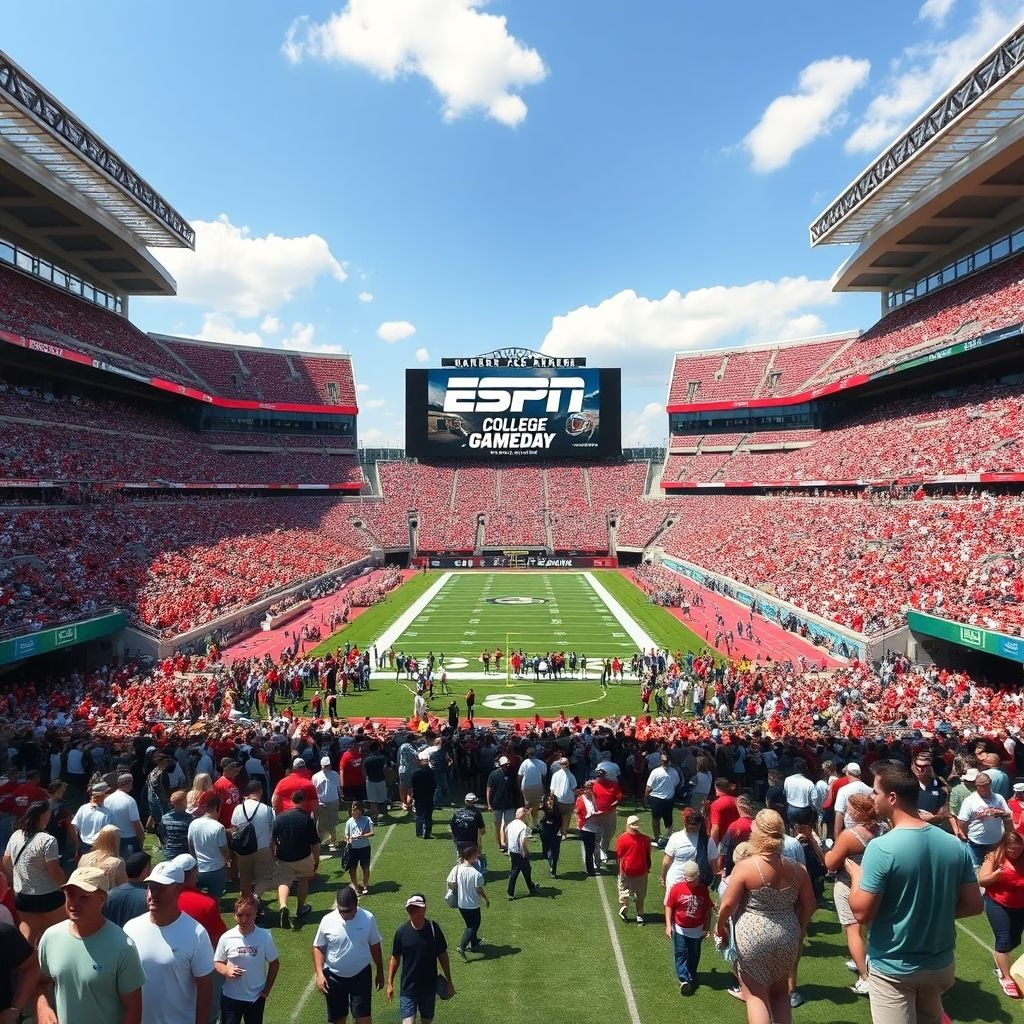Gilded Age Season 3, Episode 3 Recap: Dowries, Disgrace, and Delicate Dances

The Gilded Age Season 3, Episode 3: Love, Loss, and Lifestyles of the Rich and (Sometimes) Miserable
“Love Is Never Easy” – the title of *The Gilded Age* Season 3, Episode 3 – proves to be a deceptively simple statement, encapsulating the trials and tribulations of New York’s high society in the late 19th century. This episode, a masterclass in simmering drama and social maneuvering, delivered plenty of plot twists and character revelations. Let’s dive into the details, shall we?
The Duke, the Dowry, and the Disappointment: The Russell Family’s Gamble
At the heart of the episode lies the continuing quest of Bertha Russell to secure a prestigious marriage for her daughter, Gladys. The prize? The Duke of Buckingham, a title and fortune that would solidify the Russells’ place at the pinnacle of New York society. However, as anyone familiar with *The Gilded Age* knows, even the most lavish ambitions can be complicated by something as mundane as money. The episode’s central conflict revolves around George Russell’s negotiations with the Duke over Gladys’ dowry. The Duke, seemingly more interested in securing his own financial future, proves a tough negotiator. This leads to tense standoffs and whispered conversations, highlighting the often-uneasy balance between love, duty, and cold, hard cash in the Gilded Age.
Ultimately, after much deliberation, a compromise is reached, but it leaves the Duke less than thrilled. What of Gladys? Surprisingly, she seems relieved by the outcome. The proposed marriage was perhaps never quite the fairytale her mother envisioned, and the episode hints at Gladys’ own burgeoning desires and agency. Bertha, however, is deeply concerned about the potential social repercussions of a failed engagement. The fear of social exile looms large, adding another layer of complexity to Bertha’s already intricate web of relationships and schemes. This particular storyline brilliantly showcases the societal pressures and expectations placed upon women of this era.
Marian’s Secret Kiss and the Shadow of Scandal
Meanwhile, the episode explores the budding romance between Marian Brook and Larry Russell. Their relationship continues to blossom, offering a refreshing counterpoint to the high-stakes drama of the Russell household. However, a clandestine kiss, witnessed by Bertha’s ever-watchful maid, potentially threatens Marian’s reputation. The potential scandal hangs over the episode, leaving the audience wondering whether the burgeoning relationship can weather the storm of societal judgment. This storyline underscores the precariousness of social standing and the consequences of even the slightest misstep in a world governed by rigid rules of conduct.
Shifting Fortunes and Rising Tides: Agnes, Ada, and Peggy
Beyond the primary storylines, Episode 3 also examines the ever-shifting social landscape of New York. Agnes Van Rhijn, whose family’s wealth has waned, finds herself losing ground in the social hierarchy. This loss provides a stark contrast to the burgeoning influence of her sister, Ada, who becomes increasingly involved in the temperance movement, demonstrating her growing independence and influence. Ada’s involvement highlights the progressive ideals beginning to take hold, even amidst the opulence of the Gilded Age.
Peggy Scott’s life continues to evolve, this episode shedding more light on her complicated relationship with Dr. William Kirkland. While their connection deepens, Dr. Kirkland’s mother displays prejudice, creating a significant obstacle to their relationship. The episode adeptly explores the themes of race, class, and prejudice within the context of the time, adding depth to the narrative and challenging viewers’ perceptions of the era.
A Delicate Dance of Power and Prestige
“Love Is Never Easy” is an episode packed with emotional nuance and social commentary. From the ruthless pragmatism of George Russell to the subtle defiance of Gladys, the episode offered a compelling portrait of a society grappling with change. The characters’ actions, motivations, and vulnerabilities were on full display, making for a truly captivating viewing experience. *The Gilded Age* continues to be a masterclass in historical drama, delivering a nuanced and often critical view of a fascinating period in American history. The episode skillfully weaves together these disparate threads, revealing the intricate connections that bind them, and ultimately, underscoring the enduring relevance of its themes: ambition, love, and the ever-present struggle for social acceptance.




